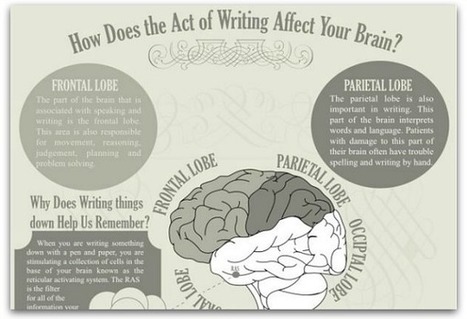There’s a Word for Using Truthful Facts to Deceive: Paltering
Virtually everyone lies when we interact or communicate with others. Hard to believe? Well, here is what the evidence tells us: people (you and me included!) tell, on average, one or two lies per day. Many of these lies are harmless: e.g., giving a spouse or friend a compliment we really don’t mean. Others, however, when mixed in with actual facts, have important consequences.
Take politics, where candidates all too frequently employ such distortions to influence voters.For example, in the U.S. vice-presidential debate between Democrat Tim Kaine and Republican Mike Pence, Kaine pushed Donald Trump, the Republican presidential nominee, to release his tax returns. (Trump has said he’d do it once the Internal Revenue Service completed an ongoing audit.) Kaine asserted that “Richard Nixon released tax returns when he was under audit,” leaving the impression that Nixon, a Republican, did so while running for re-election, creating a precedent for Trump. But as the New York Times pointed out, “Mr. Nixon released his taxes while under audit — but it was not until a year after his 1972 re-election.”
Another recent example is Trump’s response in the September 26 presidential debate to a question about a federal lawsuit that charged his family’s company with housing discrimination. His answer was: “When I was really young, I went into my father’s company. We, along with many, many, many other companies, throughout the country — it was a federal lawsuit — were sued. We settled the suit with zero — no admission of guilt. It was very easy to do. But they sued many people.”...
Via
Jeff Domansky



 Your new post is loading...
Your new post is loading...












Media relations basics from Eric Bergman.